13 October 2025
Researchers at the Malaghan Institute, led by Dr Michelle Linterman, have been awarded a Catalyst Seeding grant from Royal Society Te Apārangi to investigate how metabolism shapes the way immune cells work. The project brings together international and multidisciplinary expertise, linking scientists at the Malaghan Institute with Dr Theodore Alexandrov’s team at the University of California, San Diego. Together, they aim to uncover how metabolic processes influence immune responses, paving the way for better vaccines and cancer treatments.

From left: Dr Michelle Linterman, Dr Rachel Perret, Dr David O'Sullivan
The grant supports early-stage international collaborations that aim to develop into long-term research partnerships. Within the Malaghan Institute, the project also unites researchers from different programmes to explore how immune cell metabolism can be harnessed to specific immunotherapies to improve health outcomes.
Dr Rachel Perret will apply the research to improve CAR T-cell therapy, which uses a patient’s own engineered immune cells to target cancer. Understanding and optimising the metabolism of these CAR T-cells will be essential for improving their cancer-fighting ability, as their energy demands influence how well they survive, multiply and attack tumours once inside the body. Dr David O’Sullivan’s expertise in immune metabolism will be central to the project and will support both the CAR T-cell and vaccine aspects of the research. Dr Linterman will lead the vaccine-focused component, investigating how metabolism supports long-lasting immune memory.
Together with Dr Alexandrov’s team in California, which specialises in advanced imaging and analytical techniques, Malaghan researchers will study the metabolites, or small molecules, inside individual immune cells. This detailed view will help reveal how immune cells function and respond to therapies.
Dr Linterman says recent research has shown that the metabolism of immune cells, the chemical processes that keep cells alive and functioning, can directly influence how well they fight infections or cancer.
“Understanding these processes could lead to ways to boost the immune system, improve cancer treatments or reduce harmful inflammation.”
However, translating these findings into real-world treatments has been difficult, partly because traditional techniques often require large amounts of cells. Dr Alexandrov’s SpaceM technology overcomes this challenge by allowing researchers to analyse the metabolites, fats and drugs inside single immune cells.
“By combining this technology with other techniques already in use at the Malaghan Institute, we are aiming to explore how metabolism affects immune cell function in samples from patients,” says Dr Linterman.
The project involves close collaboration between the research organisations. The Malaghan team in Wellington will prepare samples locally before sending them to California for analysis. Team members will also travel to California to learn the technical details of the process and how to interpret the results, ensuring they can carry out these advanced analyses independently in the future.
Dr Linterman says the grant lays the foundation for a long-term partnership that could unlock new insights into immune cell metabolism and improve the development of vaccines and immunotherapies.
“Global partnerships like this are vital in a field that affects health worldwide, enabling the sharing of expertise, resources and insights to tackle complex problems more effectively.”
Related articles

NZ-UK research deepens understanding of germinal centres for better vaccine design
27 January 2026
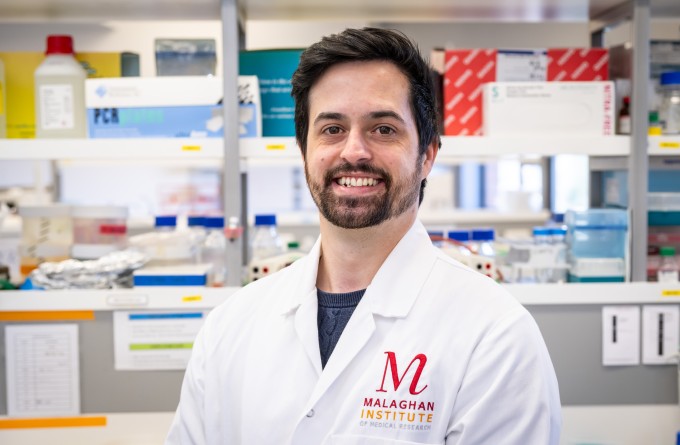
How a quirk of the immune system may play a big role in protecting us from disease
18 December 2025
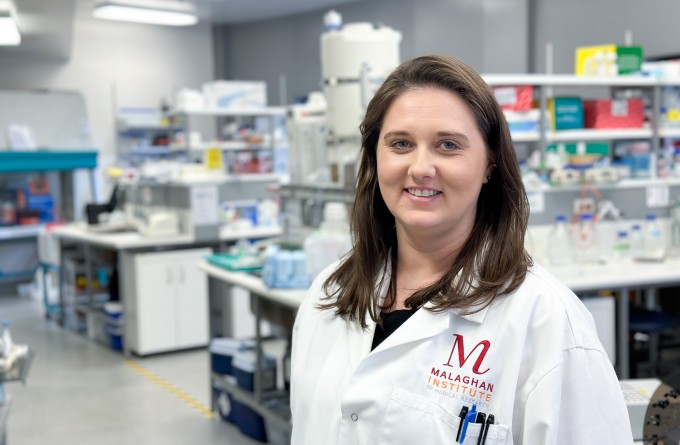
Dr Kerry Hilligan awarded Sir Charles Hercus Health Research Fellowship
2 December 2025
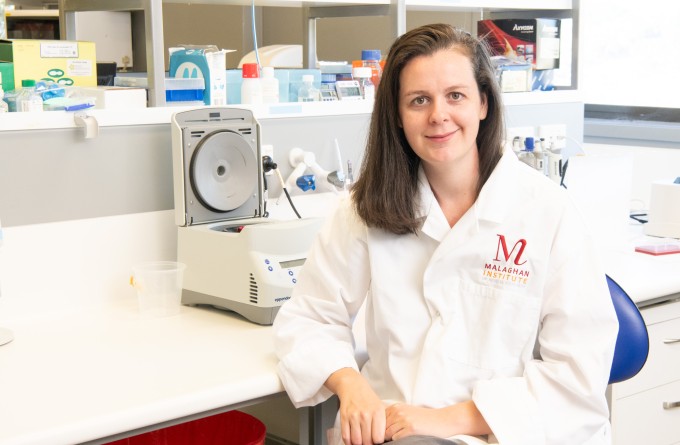
The nose knows: new research explores next generation of nasal vaccines
2 December 2025
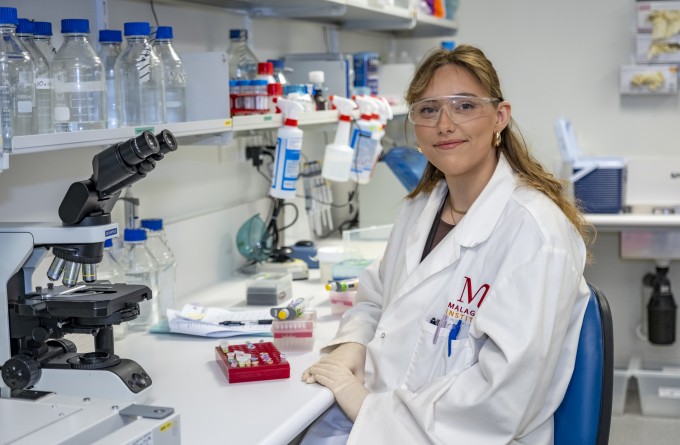
Tracking the journey of the shapeshifting bacteria behind stomach cancer
19 November 2025
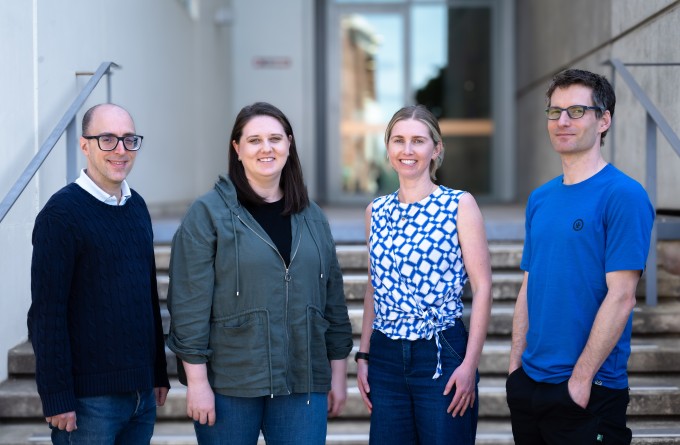
Marsden funding to drive discovery and innovation in cancer, allergy and infectious disease research
5 November 2025
